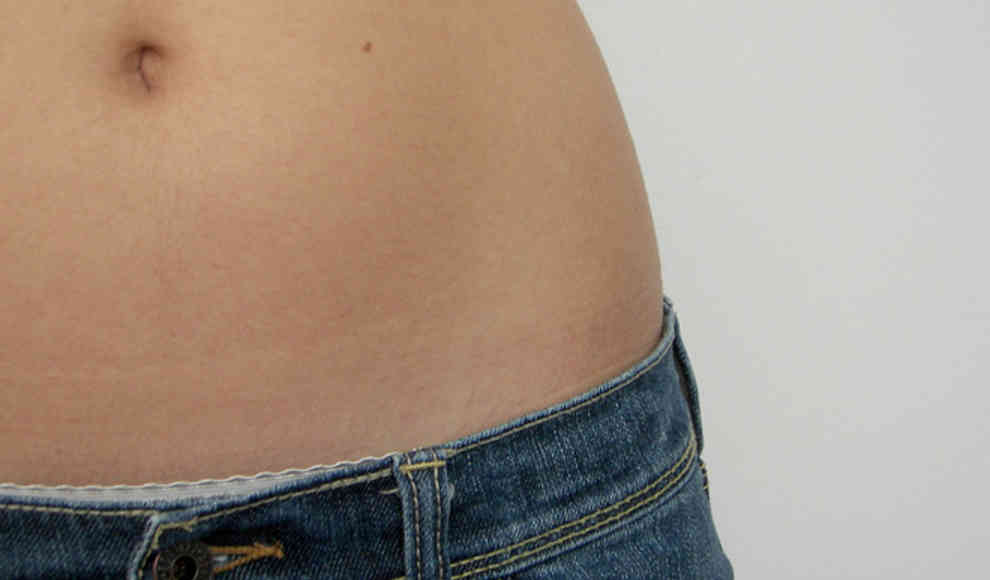Millions of Germans suffer from abdominal pain, bloating, constipation, or diarrhea without any organic cause. Doctors have been able to alleviate the symptoms, but not cure the disease itself. However, researchers have now found that high-dose lactic acid bacteria can help. A study at the Israelite Hospital in Hamburg has shown that high-dose lactic acid bacteria can help with abdominal pain, bloating, constipation, and diarrhea, not only alleviating symptoms but also fighting the disease itself. Doctors refer to this as irritable bowel syndrome, which has been a mystery of modern medicine for years. Patients suffer from massive discomfort, such as pain in the upper abdomen, bloating, constipation, or diarrhea, without any organic cause. Even colonoscopies, ultrasounds, stool, blood tests, and analyses of food intolerances such as lactose or fructose intolerance remain inconclusive. The cause of irritable bowel syndrome is also unclear, but doctors and scientists do not rule out previous infections or psychological influences such as stress.
Until now, doctors have only been able to treat the symptoms acutely. Depending on the patient’s symptoms, laxatives, diarrhea preparations, or painkillers are prescribed. In rare cases, antispasmodic preparations, antidepressants, or psychological treatment methods are used. However, a study at the Israelite Hospital in Hamburg shows that high-dose lactic acid bacteria have an effect on irritable bowel syndrome. The lactic acid bacteria form a protective biofilm on the intestinal mucosa, preventing diarrhea pathogens or other irritating substances from adhering to the intestinal mucosa. In addition, lactobacilli regenerate the intestinal flora and strengthen the patient’s intestinal mucosa’s immune system. For around 43 percent of irritable bowel patients who participated in the study, the stool frequency decreased by at least 25 percent. In every third patient, the stool frequency even decreased by 30 percent. The positive effect of lactic acid bacteria was already evident in the first week of therapy. Now, scientists have a new and promising approach that can help treat irritable bowel syndrome. Further studies will investigate how the efficiency of lactic acid bacteria can be increased.






